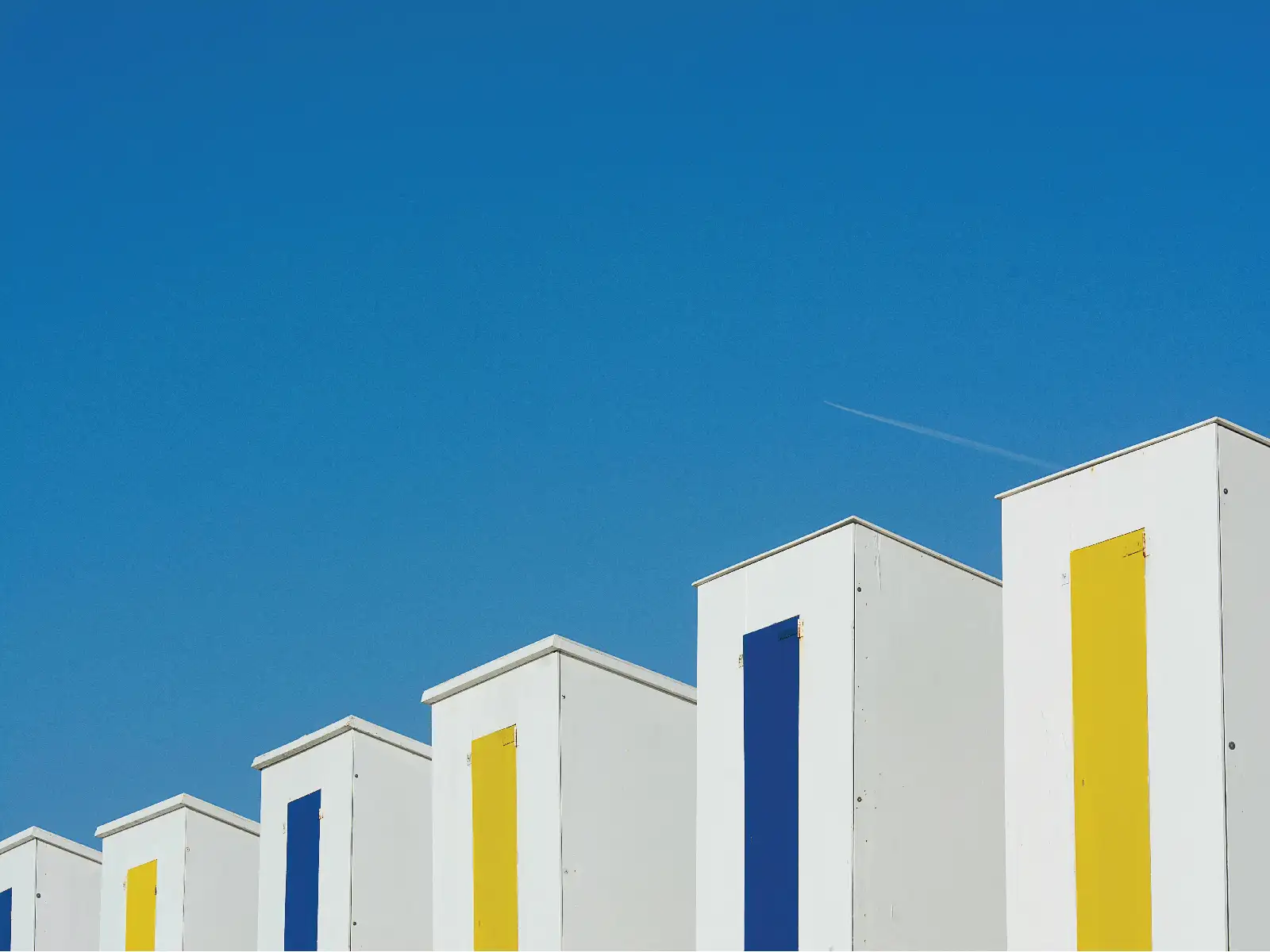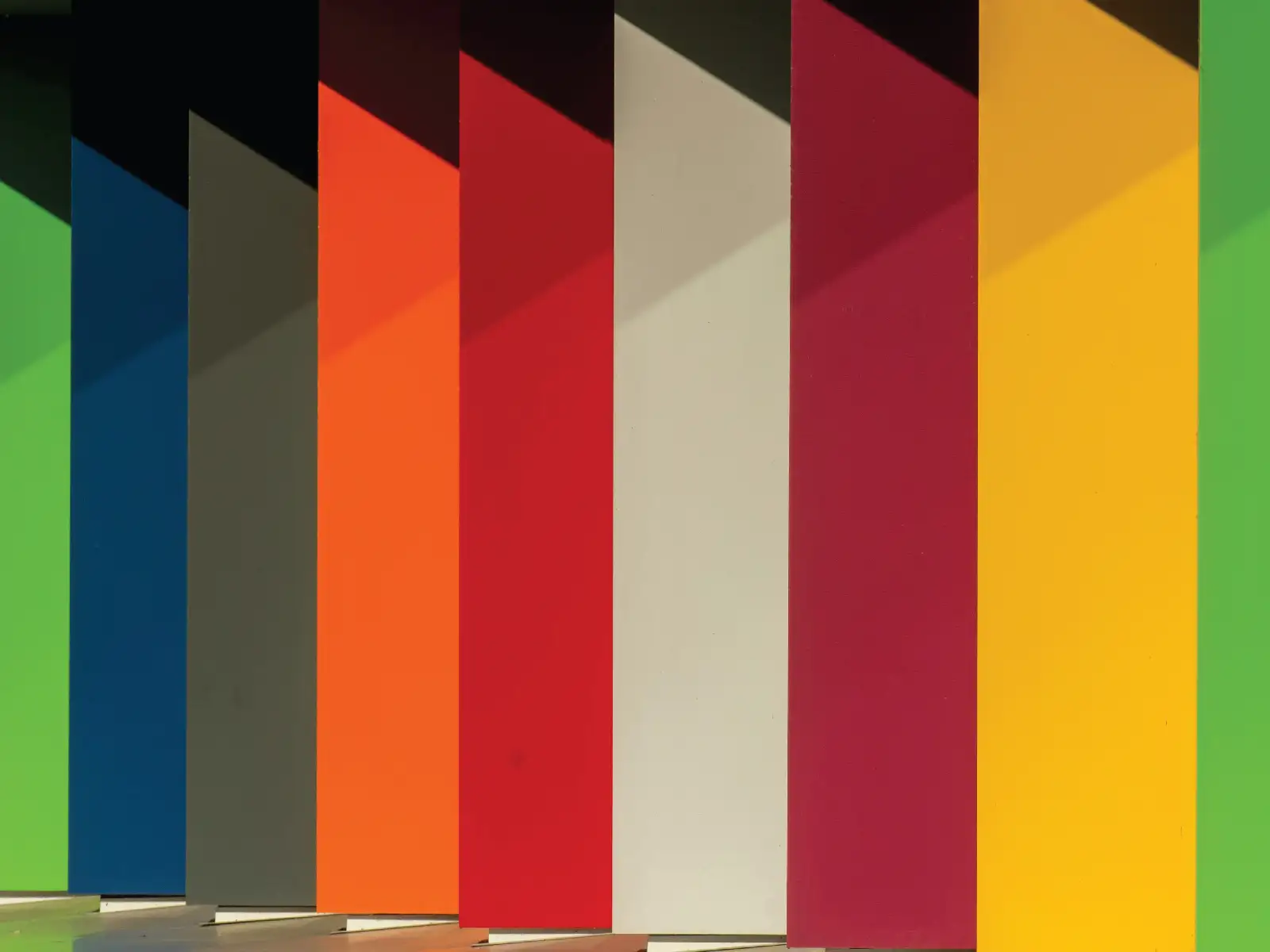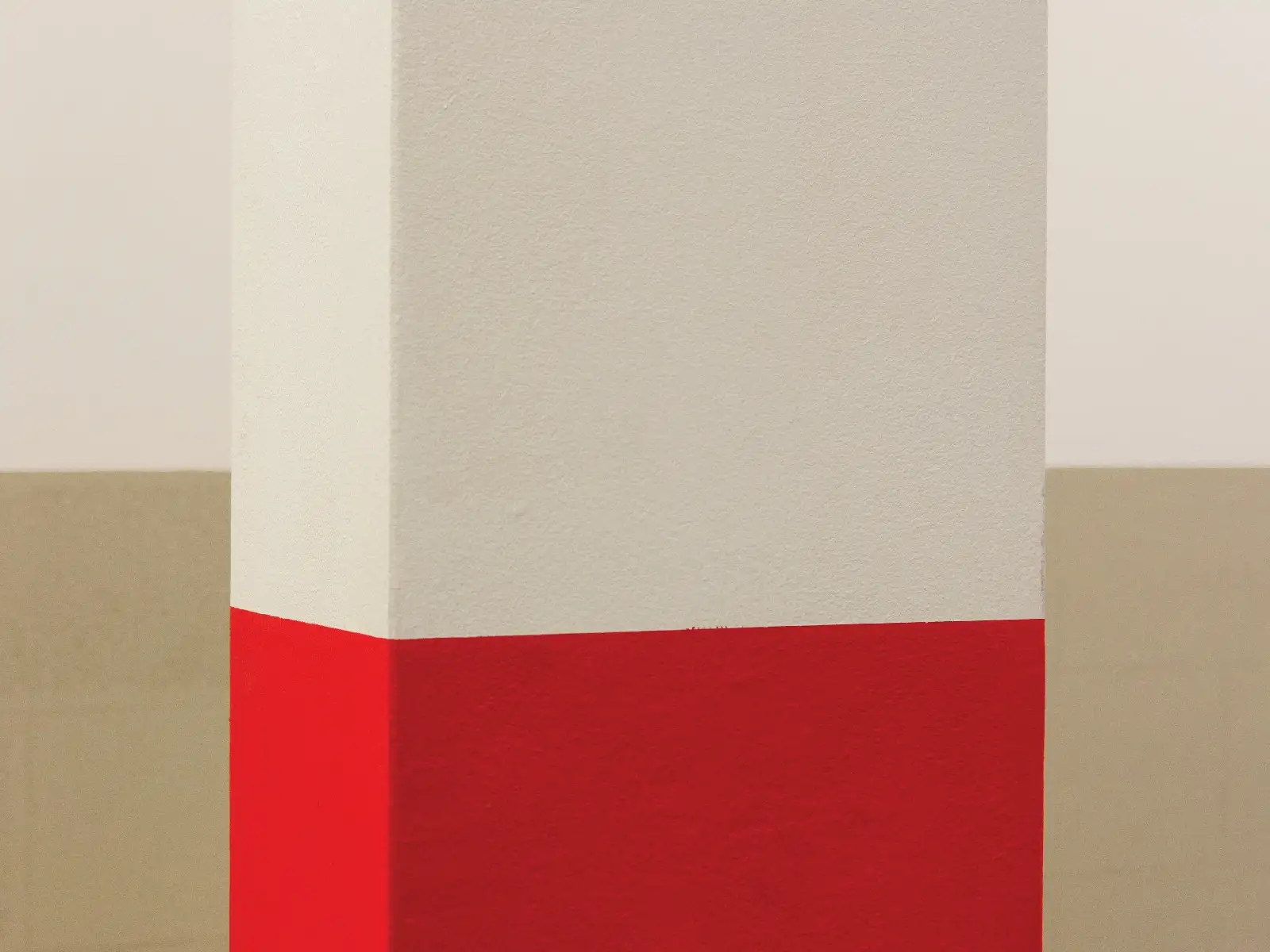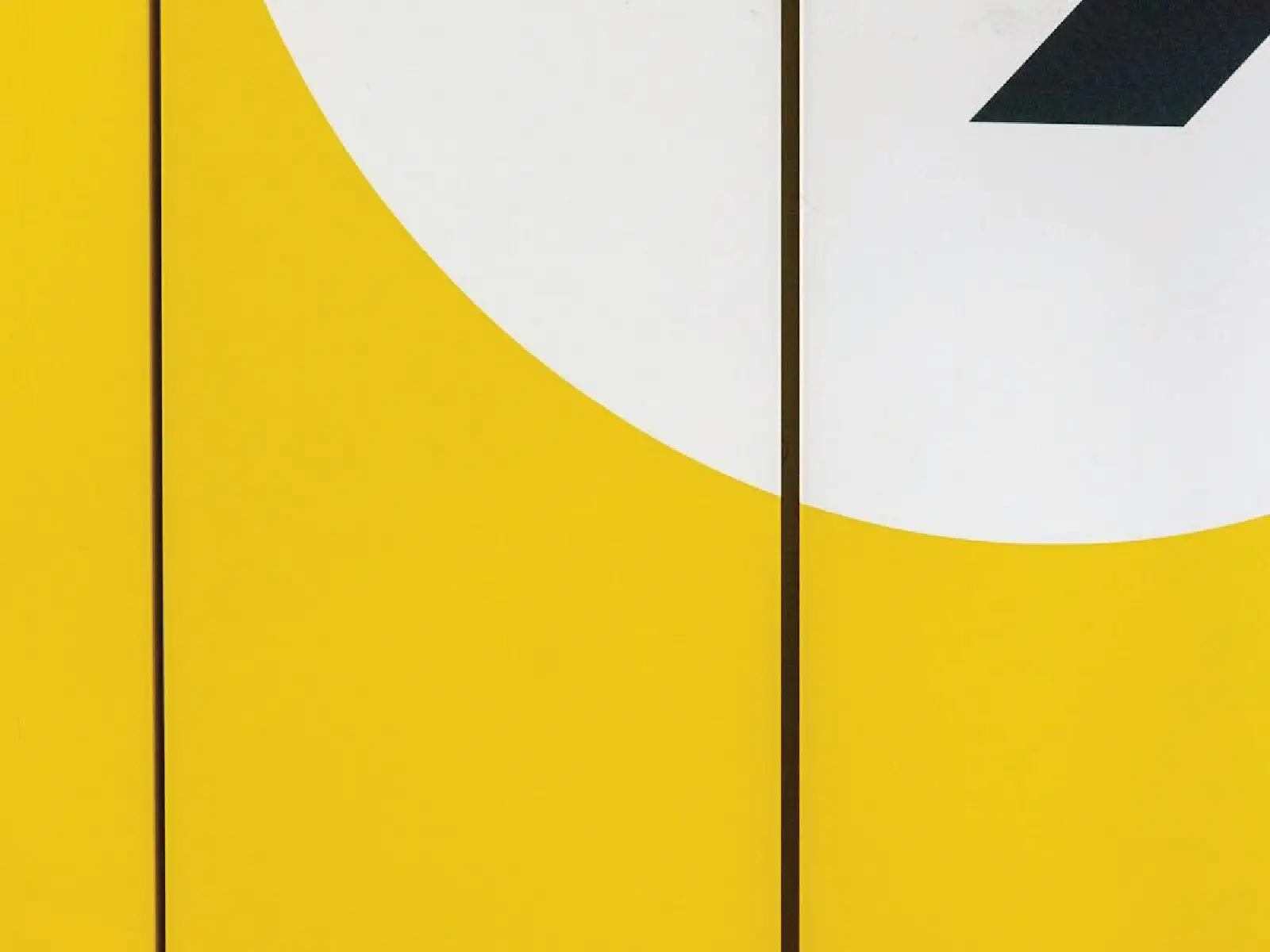‘Without Montréal, Canada is truly hopeless.’ – Anthony Bourdain
He wasn’t wrong.
Montréal does not merely sustain Canada’s allure – it animates its very soul. In the eternal ashes of the pandemic, it is, perhaps, the only Canadian city that still feels wholly and spiritually alive. It is a place where the past breathes through the storied architecture, where conversation drifts, in deux langues, through midnight cafés. And in the air – subtle yet unmistakable – something lingers: a breath of spirit, a trace of memory, a whisper of seduction, like the fading echo of a chanson at the end of night.
In the years since the world was paused and reshaped, I’ve visited many cities. But Montreal is the only one that emerged from the pandemic intact – not improved, not rebranded, not reengineered, but simply unchanged in the ways that matter. The lights are still on at the Saint-Sulpice. The sidewalks still hum with lovers, drifters, and romantics; old and new alike. The endless galleries still open with little fanfare and leave you feeling slightly altered. And in a world that increasingly confuses innovation with erasure, there is something radical about a city that has refused to abandon its soul.
And yet – for all that Montreal has preserved, there is so much it has yet to claim.
THE BEAUTIFUL INERTIA
In the scoundrel days of my beautiful youth, I walked the streets of Montreal often penniless, dreaming of one day stepping through the fabled doors of L’Express, or sinking softly into the magic and medicine of The Atwater Cocktail Club. My stay was long enough to fall in love with its complexity; long enough to see the cracks in the sidewalks form and widen. It is still, without question, the most romantic city in North America. But romance, when left unattended, can curdle into melancholy. Montréal, for all its sensuality, has long mistaken nostalgia for identity – as though memory alone might carry a city forward.

There is a kind of aestheticized decay here. The stairwells that creak like old songs. The metro cars that feel like relics from another era. The broken-down dive bar that still plays Marquee Moon or Chet Baker Sings in all of their glorious, uninterrupted entirety. It is charming, yes, but also symptomatic. For all that Montréal offers in atmosphere, it too often lacks in ambition.
This is a city that could ascend to cultural primacy – socially, intellectually, even economically – but so often chooses to linger instead. It is not that the will is absent; it is that the machinery of governance is too often timid, or tired, or bound by a reverence for a past that no longer instructs the present.
THE MYTH THAT SHADOWS THE CITY
Montréal is haunted by its own mythology – the Quiet Revolution, the unyielding exodus, the referenda, the delicate equilibrium of its language politics. These aren’t just historical facts; they are emotional weights. The city still carries them, quietly, in its posture ; a hesitation in the step or reflexive suspicion of forward motion.
What Bourdain understood – and what we must confront – is that Montreal isn’t precious because it is fragile. It is precious because it isn’t. It endures. It seduces. It creates. But it is too often governed as though it might break.
The city doesn’t need to be protected. It needs to be trusted – to lead, to grow, to dare.
THE COST OF STAYING THE SAME
Montreal’s cultural capital remains staggering. The food is still unrivaled anywhere in Canada or perhaps even North America – from a Tuesday night prix fixe in Little Burgundy to the warm, impossible elegance of Joe Beef at 2 a.m. Music still pulses from alleyways and underground sanctuaries. The ubiquitous murals of graffiti still slip into your bloodstream before you realize it’s happened.

But none of this can survive on sentiment. Culture without infrastructure becomes mere performance – unsustainable without a stage, a spotlight, or financial support. Too many artists and dreamers are leaving. Too many thinkers are undervalued. Too many public servants are tasked with doing more with less until what remains is an architecture of goodwill stretched to its limits. No matter how enduring, romance alone cannot uphold the architecture of a city forever.
A DIFFERENT KIND OF MODERNITY
Montreal will never be Toronto. It doesn’t need to be. The point is not to imitate but to interpret – to ask what kind of modernity might emerge if we privileged soul over scale, sensuality over efficiency, and depth over speed.
In a world that feels increasingly synthetic, Montreal is unapologetically recorded in eight-track analog. Textured. Human. It is a city made for walking, for talking, for romantic, pulsating traffic. It teaches you how to stay up late without purpose. How to see the poetry in disrepair. How to love something not because it is perfect – but because it isn’t.
This, in and of itself, is a form of leadership. But for Montreal to matter in the century ahead, that cultural authority must be matched by civic clarity. By intention. By the political courage to build – not in opposition to the city’s spirit, but in devotion to it. Montreal could lead not through volume, but through vision. A model for cities that choose character over conformity.
SIGNS OF LIFE
What Montreal preserves is not simply memory – it is meaning. The kind that can’t be scaled or copied or encoded into an app. In a homogenized, digitized, edge-less world, it reminds us that place still matters. That beauty can be defiant. That slowness, romance, and contradiction are not signs of obsolescence – but signs of life.

I still believe Montreal can be one of the great cities of the world. But belief, like love, requires more than longing. It requires responsibility. It requires presence. It requires the courage to act not just in remembrance of what once was, but in pursuit of what might still be.
Montreal does not need to reinvent itself. It needs to reclaim itself.
THE LIGHT THAT GETS IN THROUGH THE CRACKS
I can still hear Leonard Cohen’s world-weary voice on nights when the wind wraps tight around rue Saint-Denis. Even through my now-vegan palette, I can still taste the peppercorn steak from L’Entrecôte Saint-Jean. I still remember the feel of the metro – loud, warm, existential – like the light Morrissey once swore would never go out – fragile, but burning.
This city taught me how to be eternally young at heart. How to be restless. How to stay.
And maybe, in the end, that’s what makes it matter most: it doesn’t just ask you to live in it; it teaches you how to live.






